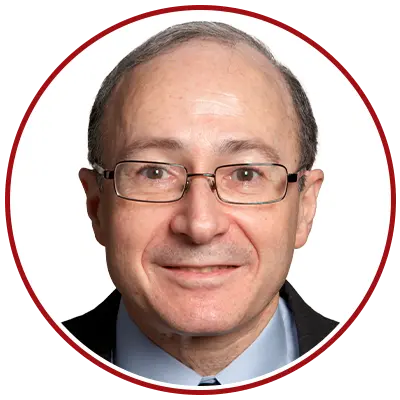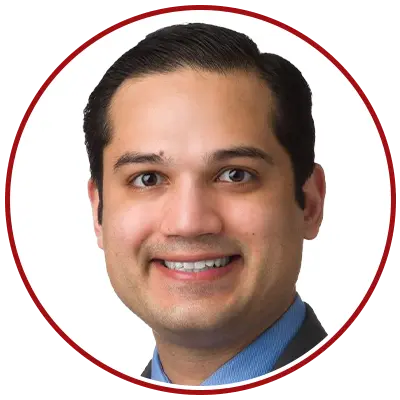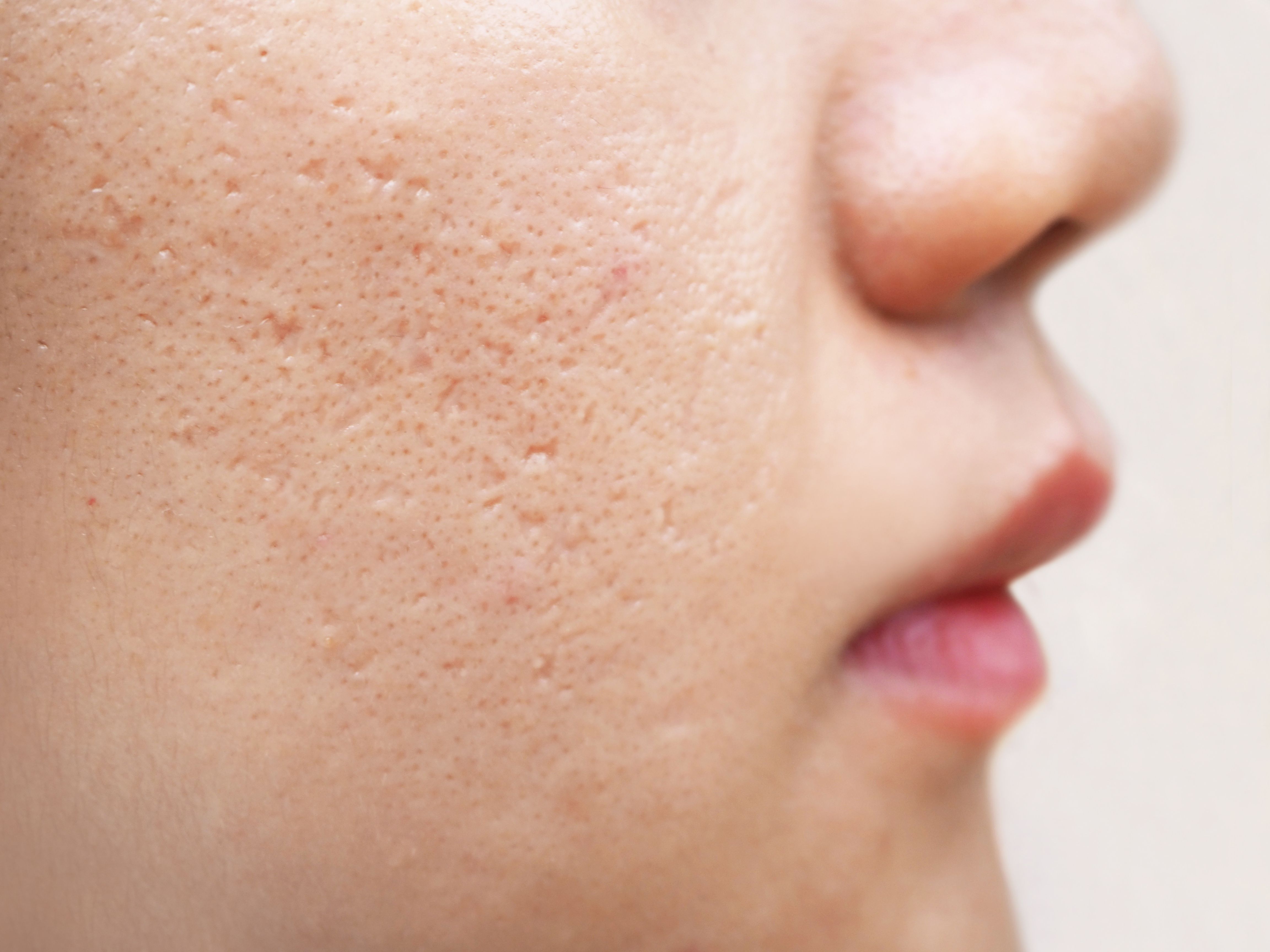- Case-Based Roundtable
- General Dermatology
- Eczema
- Chronic Hand Eczema
- Alopecia
- Aesthetics
- Vitiligo
- COVID-19
- Actinic Keratosis
- Precision Medicine and Biologics
- Rare Disease
- Wound Care
- Rosacea
- Psoriasis
- Psoriatic Arthritis
- Atopic Dermatitis
- Melasma
- NP and PA
- Skin Cancer
- Hidradenitis Suppurativa
- Drug Watch
- Pigmentary Disorders
- Acne
- Pediatric Dermatology
- Practice Management
- Prurigo Nodularis
- Buy-and-Bill
News
Article
Dermatology Times
Expert Reflections: Mentors Elevating Careers
Author(s):
In a milestone year for Dermatology Times, our Editorial Advisory Board reflects on key career mentors.
As Dermatology Times celebrates its 45th anniversary, we invite you to join us on a journey through the most impactful milestones in dermatology’s history. Over the decades, advancements in clinical practices, groundbreaking treatments, and innovative technologies have revolutionized the specialty, benefiting both practitioners and patients alike. Earlier this month, we shared a timeline of impactful events in dermatology. Throughout the rest of the month, we'll gain invaluable insights from our esteemed Editorial Advisory Board (EAB) on the influential people, pivotal drugs, and cutting-edge technologies that have shaped dermatology.
We recently asked our EAB to tell us who mentored them in the dermatology space and about the importance of mentoring others.

Omar Noor, MD: I was blessed to be mentored by a selfless, patient, and human-loving board-certified [dermatologist]and dermatopathologist, Dr Babar Rao, [MD, FAAD]. The world allows you to practice and behave in any way you want for the most part. Having someone to help steer you to show you the right and honorable way to do things well is invaluable. I attribute my success as a dermatologist and as a person to Dr Rao.

Joel Schlessinger, MD: My first and most important experience in dermatology was when I, as a second-year pediatrics resident, took a dermatology elective with Dr Barry Ginsburg, [MD,] in Birmingham, Alabama.He had a large practice and focused on sclerotherapy, which was wondrous to me, especially since my skills as a pediatrics resident with many years of finding veins in premature infants allowed me to master this technique easily.I saw the many varied patients he had and the camaraderie in his office and knew this was what I wanted to do.My other mentor has been Dr George Hruza, [MD,] who was the Mohs surgeon at Washington University in St Louis, [Missouri,] during my residency.We have kept an ongoing dialogue over many years, and I always know he will provide sage advice when necessary.

Mark Lebwohl, MD: I learned a lot from my colleagues every day, and that includes some older and some younger:Alan Menter, [MD];Bruce Strober, [MD, PhD, FAAD];April Armstrong, [MD, MPH];Alice Gottlieb, [MD, PhD];Emma Guttman, [MD, PhD];Andrew Alexis, [MD, MPH]; Boni Elewski, [MD]; Darrell Rigel, [MD,] and several others are among the group from whom I always learn pearls. In turn, I do my best to mentor my colleagues, my faculty, and my residents.

Zoe Diana Draelos, MD: Drs Norman Levine,[MD,] and Peter Lynch, [MD,] and Albert Kligman, [MD,] were my mentors. Dr Albert Kligman gave me the seed money to start my lab, and I am forever grateful for his investment in my future. Dr Peter Lynch provided the recommendations for my first book contract. Dr Norman Levine gave me the opportunity to begin a career in dermatology research while still a resident.

Tina Alster, MD: Dr Sheldon Pinnell, [MD,] who was the chairman of the dermatology department at Duke University, and Dr Elise Olsen, [MD,] who was on its faculty, were my earliest dermatology mentors. They each introduced me to clinical and laboratory research and were very supportive of my applications for student research grants and dermatology residency programs. I have paid it forward by mentoring countless students, residents, fellows, and colleagues during the course of my career and have been most gratified by the experience.

Renata Block, PA-C: The guidance and support of my collaborating physicians have been invaluable in shaping my journey in the dermatology field. As a dermPA, their influence, often unbeknownst to them, has been everything in our profession. In a field where derm PAs were scarce when I started, I am committed to paying it forward to those aspiring to become PAs in dermatology. This mentorship culture makes our field so special, and I am grateful to be a part of it.

Raj Chovatiya, MD, PhD: I’ve been blessed to have a few different mentors in my career [who]have impacted the way that I practice dermatology and pursue clinical and research questions of interest. To keep it brief, I’ll touch on one amazing mentor who was seminal in how I approach patient care: DrJoaquin Brieva, [MD]. Dr Brieva has an incredible capacity for teaching and a one-of-a-kind acumen for solving the most complex clinical cases. Watching him handle dermatologic mysteries and get [to] the bottom of the matter is a thing of beauty. He taught me that while the answer may not always be in plain sight, it’s important to think about the big picture and not get too bogged down in details. In addition, he taught me that even when you don’t have all of the answers at the moment, don’t let that stop you—there is always something to try. His teachings play a major role in how I view mentorship, and I am always thinking about his guidance when I have the privilege to work with students, residents, and fellows of my own.

Helen Torok, MD: Dr [Edmund] Lowney, [MD, PhD,] chief at The Ohio State University Department of Dermatology, in 1973 changed my life. I was in my last year and interested in[obstetrics/gynecology] and held little regard for dermatology. He convinced me to spend 3 months with him and learn to respect dermatology. I am still thrilled to be practicing for 47 years!

Mona Shahriari, MD: I had a network of mentors throughout the dermatology space. I feel it is important to not limit oneself to one mentor because we each need different mentors through different stages of our career and life. Mentorship is key, because it can not only help with professional but also personal growth and the bonds of mentorship oftentimes last well beyond the mentoring relationship, and the mentor/mentee relationship can last a lifetime. It is also important to know that you don't have to be 10 years into your career to serve as a mentor, a chief resident can be a mentor to younger residents. Everyone has something they can offer others who are less experienced and giving back to our community is the way we all come closer together.

Roy Geronemus, MD: The full-time and part-time attendings in my residency program were superb mentors as well as my fellowship director, Dr Perry Robins. Dr Ken Arndt was instrumental in my growth as a laser specialist.
We welcome you to tell us about your mentors! Email DTEditor@mmhgroup.com.







